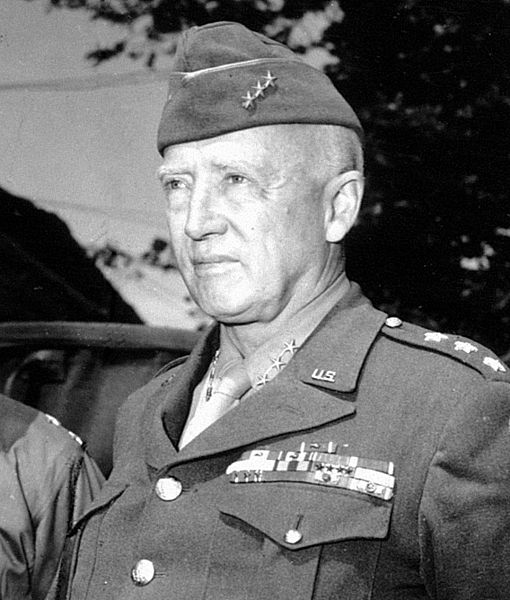How to Make Stress an Asset
Aug 27, 2021
The strategy behind using anxiety and pressure to build momentum.
Most people consider stress their enemy – and in some ways, they are right. In the wrong situations, anxiety can overwhelm you and cripple your ability to perform. Despite this, there are ways that stress can help you overcome obstacles and work better, faster, and stronger than ever before. In the past, we showed you how to make decisions under stress. In this OA guide, we’ll discuss how stress affects your mind and body, the two types of stress that you can experience, and how changing your mindset can change the way you perform under pressure.
Your Mind and Body Under Stress
Before we can talk about strategies and tactics you can use to make stress an asset, we must understand how stress affects your performance. When you face a high-pressure scenario, your body releases the stress hormone cortisol. This chemical causes several changes in your body – your alertness increases, your breathing becomes faster, and your body stops non-essential processes (like digestion) to supply your muscles with more blood. In a life-threatening situation, this stress response can save your life. But it also comes with some unpleasant side effects (like high blood pressure, headaches, and sweating) that can slow you down in non-life threatening scenarios.
Distress vs Eustress
Now that we’ve talked about the effects of stress on your body, it’s time to discuss the two different types of stress: distress and eustress – also known as bad stress and good stress.
Distress – bad stress – is anxiety that hampers your ability to perform and prevents you from accomplishing your goals. It freezes you, makes you unmotivated, and overwhelms you. It is usually caused when you face a situation that you’re unprepared for and don’t know how to handle. When you are in a scenario that you have never experienced before or have no control over, you are in distress.
Eustress – good stress – on the other hand, makes you work faster and improves your performance. Although the physical symptoms of eustress are similar to those of distress, the way you react is significantly different. Eustress occurs when you face a demanding situation that you feel confident engaging. If you’re in a stress-inducing scenario that you have prepared for, you are in eustress.
While there is a huge contrast in how you perform under distress and eustress, it’s crucial to note that the difference is almost purely psychological. The effects on your body are identical. What does this mean? That the difference between whether you are in distress or eustress is your mindset!
Change Your Mindset, Change Your Life
When Olympic athletes are about to compete in their discipline, one thing is certain: they are under tremendous stress. For many of them, the next few moments will likely be the most significant seconds of their life. They have trained and prepared for years, and now it’s time to perform – while carrying the hopes of a nation. Despite this, when asked how they feel right before they compete, rarely do Olympic athletes say that they are nervous. Instead, nearly all of them state that they are excited. They have reframed their mindset about stress. While most people would be distressed to compete before millions of people, Olympians are under eustress. They have the same stress response and side effects – the only change is their mindset; that makes all the difference.
How does this apply to your life, you ask? It shows that your mindset, not your external environment, determines the type of stress you experience. In other words, if you change the way you think, you can change the way your body performs – that’s powerful stuff! The next time you feel your stomach tightening in a stressful scenario, don’t think about it as a negative thing. Instead, reframe it in a positive light. You’re not having a stomach ache – your body is prepared for combat. Ready to overcome the challenge ahead of you. Has your heart rate increased? You’re not panicking – your muscles are getting more blood flow and oxygen.
If you can learn to change the way you think about stress, you can change the way you perform under it. Medical research has even shown that people who believe they are in distress have a significantly shorter lifespan. People who think they are in eustress, on the other hand, actually live longer than average. Although the symptoms of stress are identical, a person’s mindset can have a very real impact on how anxiety affects them in the long term.
If you want to transform your life, you need to surround yourself with people who make you nervous – who put you under stress (it’s up to you to determine the type). If you’re the wisest, most capable person in your friend group, find a different team. We understand that finding a new network of driven, disciplined, confident individuals can be challenging. That’s where we come in. When you become an OA Aspiring Operator, you get instant access to an exclusive community where you'll join hundreds of future, current, and retired special forces operators (plus a bunch of other perks)! Make a change in your life. Check out our membership packages page to get started today!








